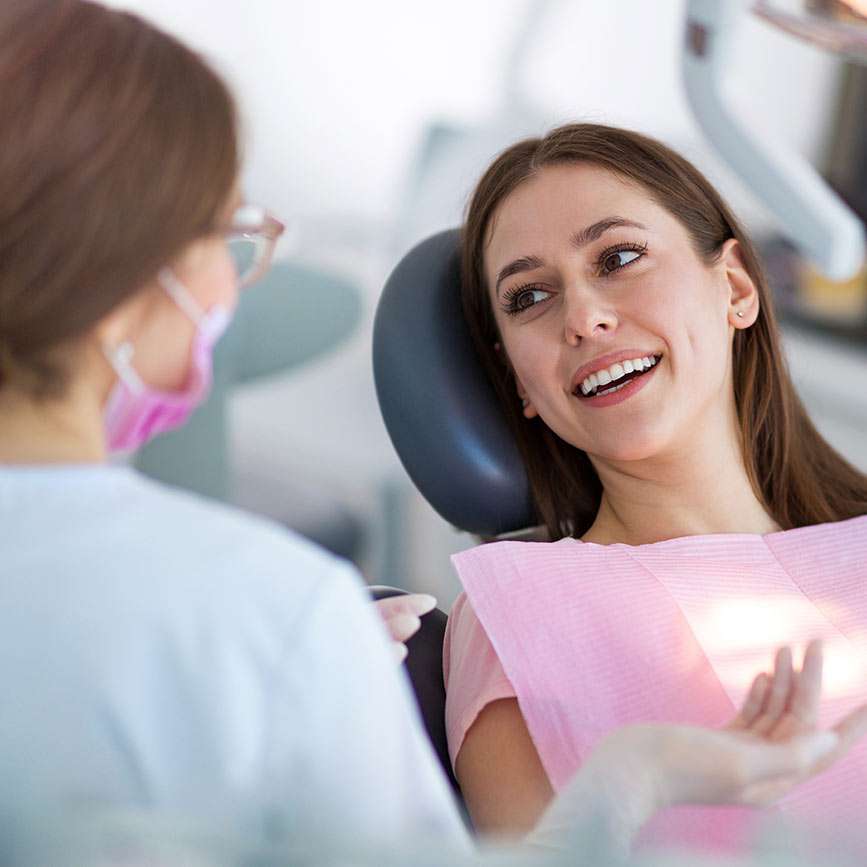Dental Care Excellency
Enjoy Visiting The Dentist
Top Rated Clinicians.
Judgement Free Flossophy.

Personalized Dental Care Treatments
With a unique personality and lifestyle, you deserve a personalized dentistry plan that is designed to transform your smile.
About Friedman Dental
Friedman Dental Group is a top-rated dental clinic that offers a unique and personalized approach to dentistry. With a commitment to providing exceptional care, we prioritize your comfort and well-being during your dental visits. Our team of highly skilled clinicians ensures you receive the best treatment for your specific needs, all while fostering a non-judgmental and welcoming environment. Whether you require routine check-ups, cosmetic enhancements, or restorative procedures, our goal is to transform your smile and ensure a positive dental experience for every patient.


$500 off Guaranteed*
*Cannot be combined with any other offers. Not able to be combined with insurance. Eligible for treatment plans of $2,500 or more. Excluding Invisalign Express. Offer valid through 04/30/2024.
Find a Dental Clinic Near You.
Real Patient Reviews.
Disclaimer
The following reviews are endorsements or testimonials by our past customers and clients. These are the real opinions of individual patients, and we do not pay for or influence these reviews in any way.* Results may vary from person to person based on individual experiences and circumstances.








